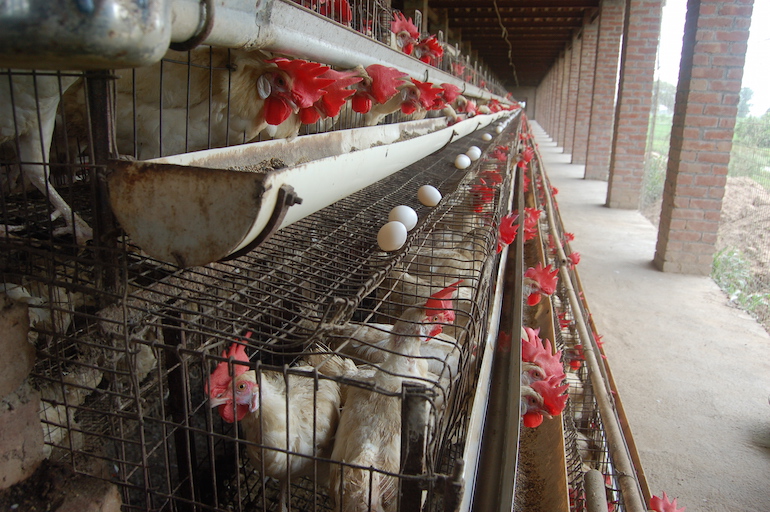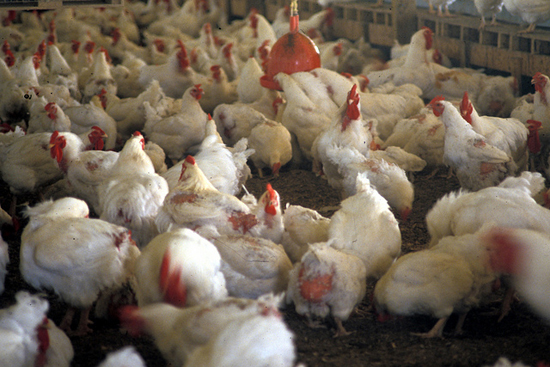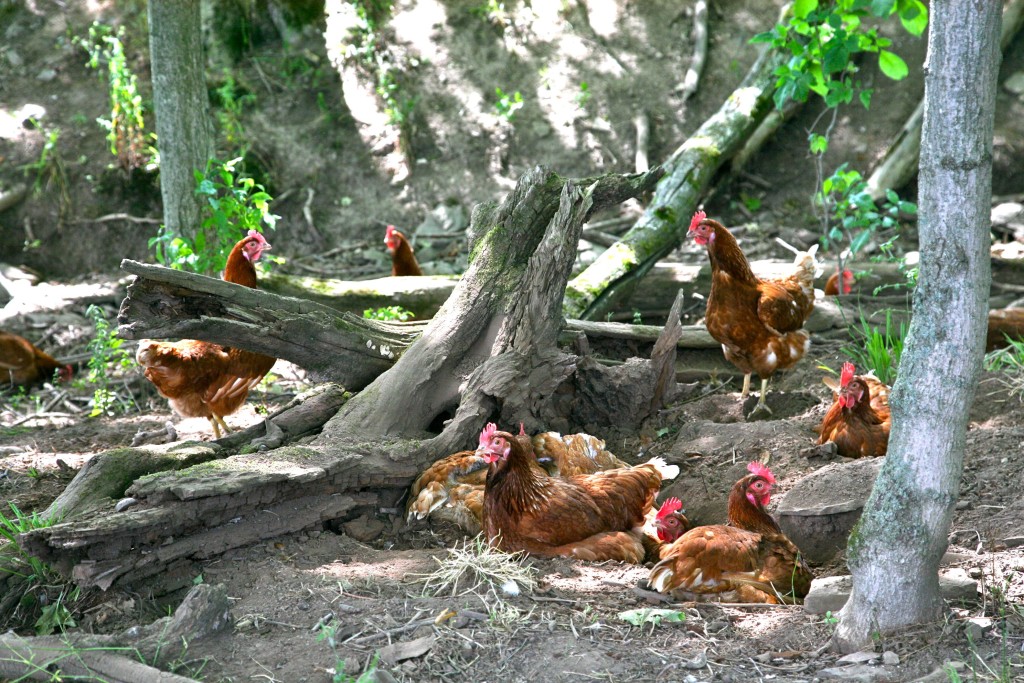On February 12, one of the nation’s largest and most prominent grocery chains, Trader Joe’s, made a press announcement stating that they will only sell cage-free eggs. Although this decision began way back in 2005, the system will be fully implemented in the West Coast by 2020 and will expand across the United States by 2025.
This is a step towards a more humane source of food production and Trader Joe’s is not the only big company taking part in it. McDonald’s, Taco Bell, and Panera are only a few of the others that are pushing this plan forward for the next decade.
These big companies are understanding consumer demands. In general, the public is against battery-cage confinement which partakes for a vast majority of the egg suppliers in the United States.

Photo courtesy of Sangamithra Iyer and Wan Park
Although victories should be taken as they come, and this is definitely one, the public holds a responsibility in understanding what the term “cage-free” really means. It may be a large improvement in animal welfare compared to battery-cage, however, it is likely that it does not meet the consumers’ presumptions.
As the term indicates, the hens are uncaged in an indoor housing system where they are able to walk around and spread their wings. This is unlike battery cage where they are trapped in 64 square inches of space. However, with cage-free already being a much more expensive system for farmers, they are not required to have outdoor access.
So, in most cases the hens are living in unacceptable indoor conditions. Hens are often confined in a flock with around 15,000 other hens and are never able to go outside. The system begins to look more like a factory with thousands of hens in a constricted space toppling over each other.

Photo courtesy of the Chesapeake Bay Program
Ideally the aim would be making outside access a requirement for all egg industries. Unfortunately, this is a costly method and it would require costumers to purchase free-range or pasture-raised eggs.
As of right now, the main goal seems to be taking one step at a time. Having large companies like Trader Joe’s commit to only cage-free eggs is an effective way to ensure the development of a more sustainable and humane form of food production.

Photo courtesy of Hiddencampfarm.com


